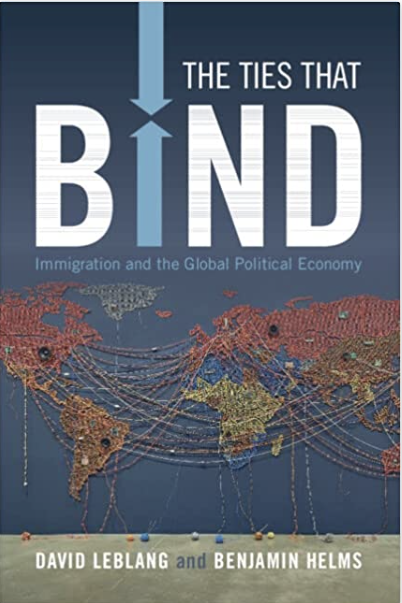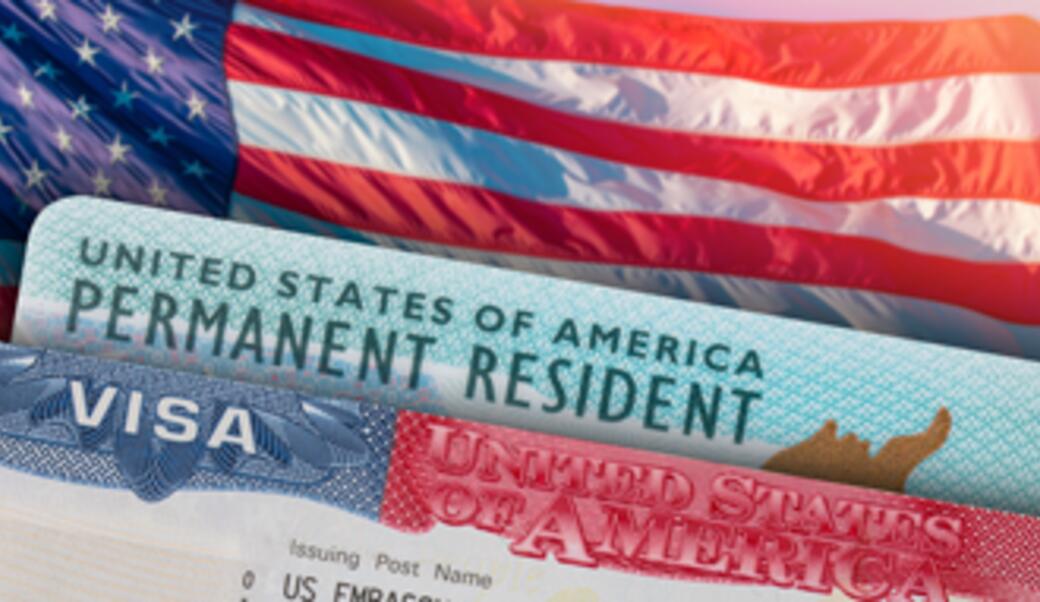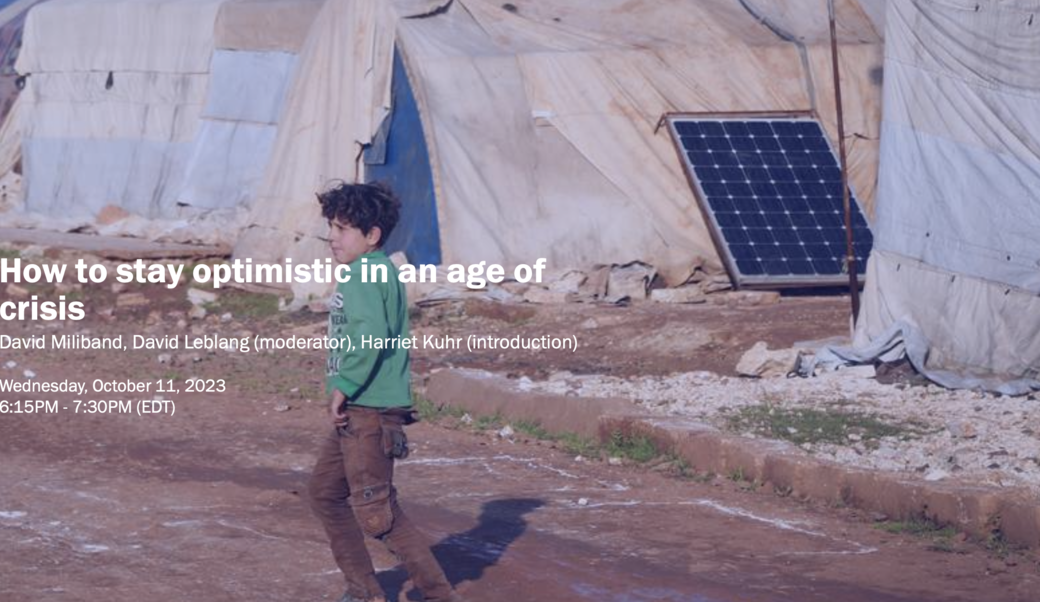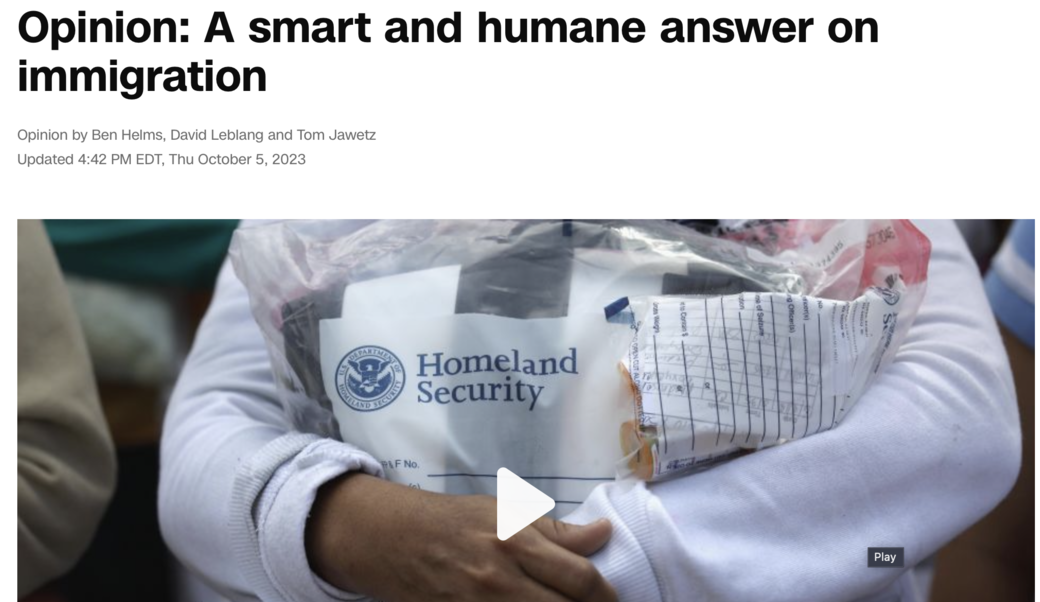Fast Facts
- Randolph P. Compton Professor and director of policy research at the Miller Center
- Studies global migration and international investment and the spread of democracy
- Expertise in international political economy, politics, economic policy, financial crises
Areas Of Expertise
- Foreign Affairs
- Immigration
- Economic Issues
- Finance and Banking
- Trade
- Political Parties and Movements
David Leblang is the Miller Center's Randolph P. Compton Professor and director of policy research. He is also the Ambassador Henry J. Taylor and Mrs. Marion R. Taylor Endowed Professor of Politics and professor of public policy at the University's Frank Batten School of Leadership and Public Policy.
A scholar in the area of international political economy, he is currently working on two major projects. The first is a book-length study of the role that global migration plays in linking host and home countries and how these linkages help explain observed patterns of international investment, remittance flows, and the spread of democracy. The second project is related but focuses on the destination choices of refugees and illegal migrants. Prior to studying flows of migrants and refugees, Leblang's projects were in the area of global capital flows: the causes and consequences of exchange rate arrangements, capital controls, and currency crises. His work has been published in outlets such as the American Political Science Review, the American Journal of Political Science, International Organization, World Politics and Economics and Politics. He currently serves on the steering committee of the International Political Economy Society and is the editor of SSRN's International Political Economy Migration eJournal.
Prior to arriving at the University of Virginia in 2008, Leblang held teaching positions at the University of Colorado, the University of North Texas, and the College of William and Mary. He has been a visiting scholar in the research department of the International Monetary Fund, the European Commission's Directorate of Economics and Finance, and has been a visiting fellow at the Ecole des Hautes Etudes en Sciences Sociales in Paris, the Centro Studi Luca d'Agliano in Milan, and the Interdisciplinary Center in Herzliya. In 2015, Leblang was awarded the Outstanding Faculty Mentoring Award by the University of Virginia and in 2016 he received the Outstanding Mentoring Award from the Society of Women in International Political Economy of the International Studies Association.






